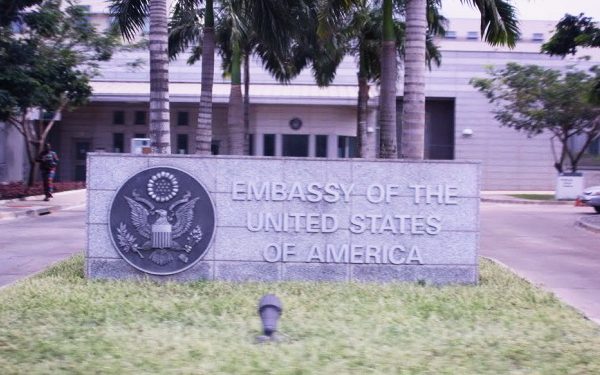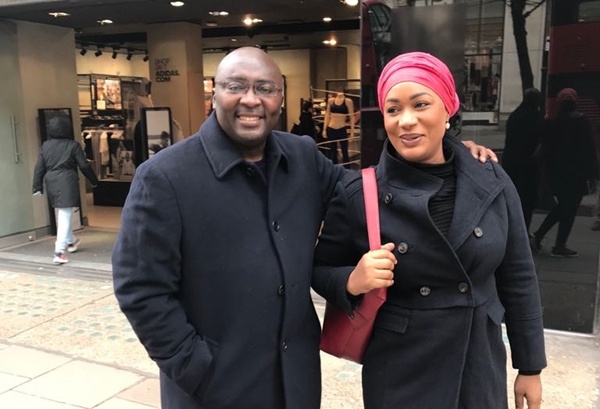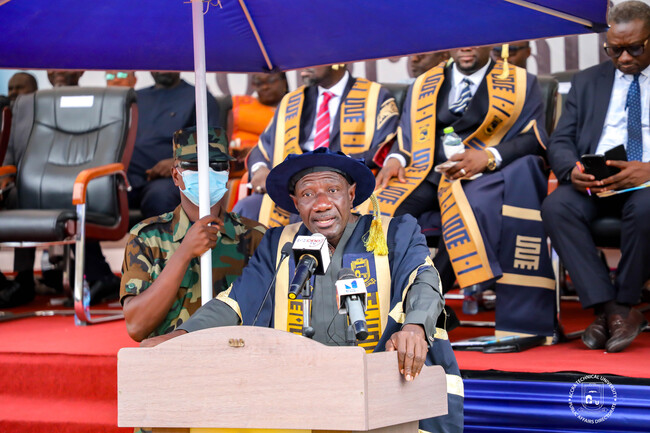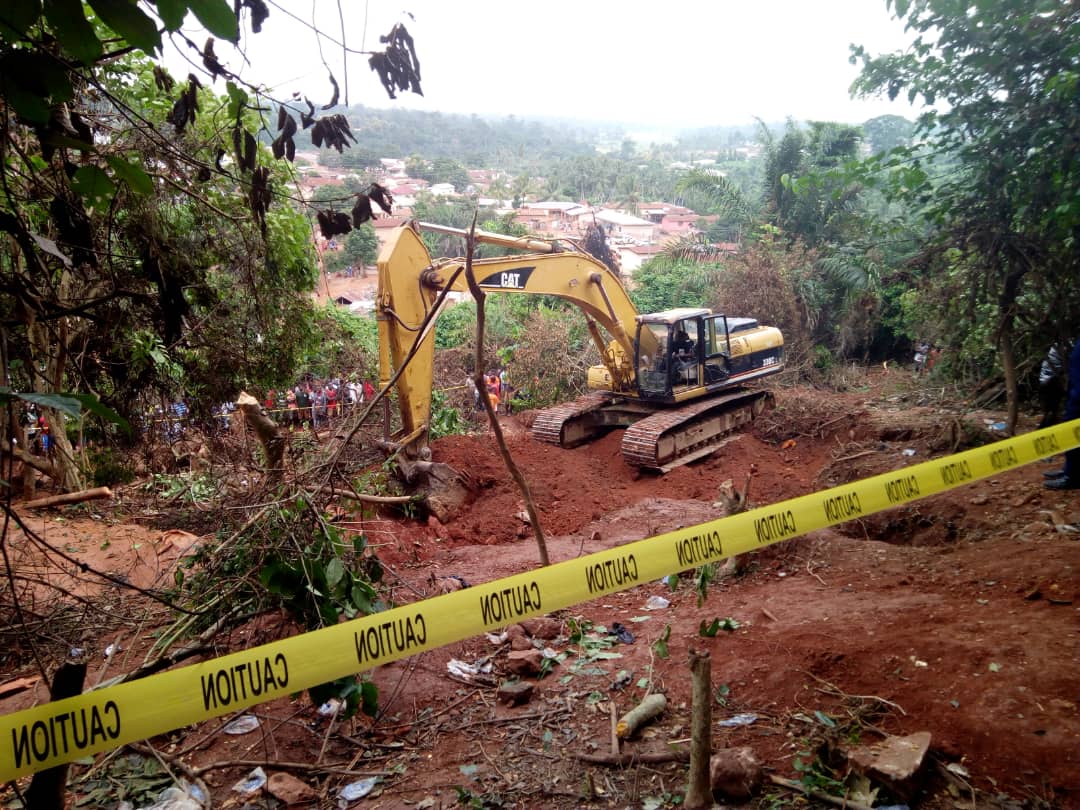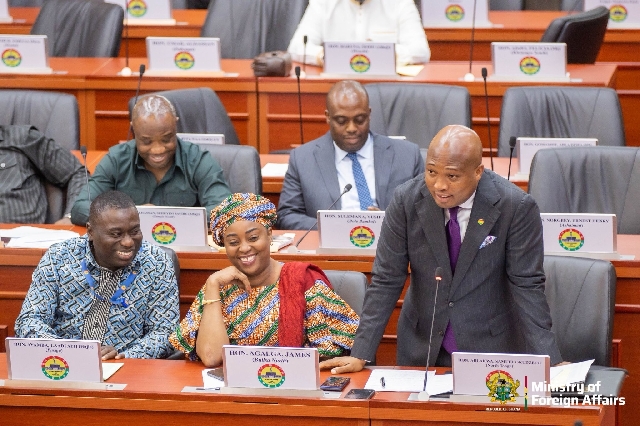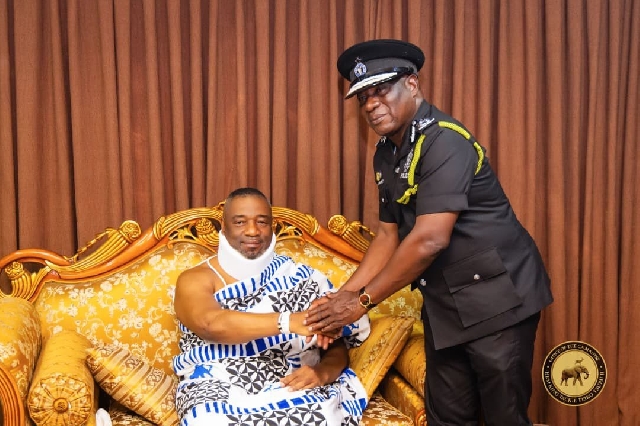The Upper East Regional Director of the Electoral Commission (EC) William Obeng Adarkwa has urged all political parties to make sure they chose a representative to be part of the District Inter-Party Advisory Committee (DIPAC) that is to be formed.
Speaking at an Inter-Party Advisory Committee meeting (IPAC) to brief representatives of the political parties, the media, and security services, he encouraged the political parties to elect credible members to the District Inter-Party Advisory Committee. Addressing the Committee, Regional Director assured that, the EC will work in collaboration with IPAC to increase awareness on the modalities in the electoral regulations as well as guide party agents in the execution of their role for sanity to prevail at the voting centres. Through IPAC forums, political parties participated in key electoral processes such as voter registration, the development of the Election Code of Conduct, and the procurement of electoral materials.
This has resulted in the Electoral Commission largely succeeding in building confidence and achieving credible improvements in electoral management, leading to the conduct of four successful general elections with few complaints from the participants. The IPAC Meeting aimed to give a briefing on the preparation put in place so far by the EC regarding the voting exercise and the expected conduct of the various political party representatives before, during, and after the elections. It also created an opportunity for the party representatives to express their satisfaction or otherwise over voting material received so far by the EC in the region, their safe custody, and their subsequent dispatch to the various polling stations with few days to the polls.
BACKGROUND
In the 1992 founding elections, the opposition parties disputed the presidential election results and subsequently boycotted the parliamentary elections, which were held separately. There were a few pockets of violence around the country. In the interests of peace and stability, the Commonwealth Observer Group recommended dialogue, even if it was informal but the initial NDC-NPP dialogue failed because of deep mistrust between the two parties and suspicions about the electoral process. In March 1994 the Electoral Commission created the Independent Party Advisory Committee, an informal and non-statutory body comprising representatives of political parties and of the Electoral Commission.
The main functions of IPAC include serving as a channel of information for the commission and the parties and to enable them to discuss all aspects of the programme and activities of the commission with parties and donors. It is to ensure that parties and donors make an input into the management of the electoral process and, at the same time, bring out their concerns for general discussion; to facilitate regional, district, and constituency level IPAC meetings. The Electoral Commission, with donor support, also embarked on a comprehensive programme of reforming the electoral process and enhancing its credibility. Although IPAC decisions are not binding on the EC, it has served as a forum for generating proposals for electoral reform and has succeeded in building trust in the electoral process, especially among political parties.
Apexnewsgh.com/ Ghana/ Prosper Adankai
Please contact Apexnewsgh.com on email apexnewsgh@gmail.com for your credible news publications

